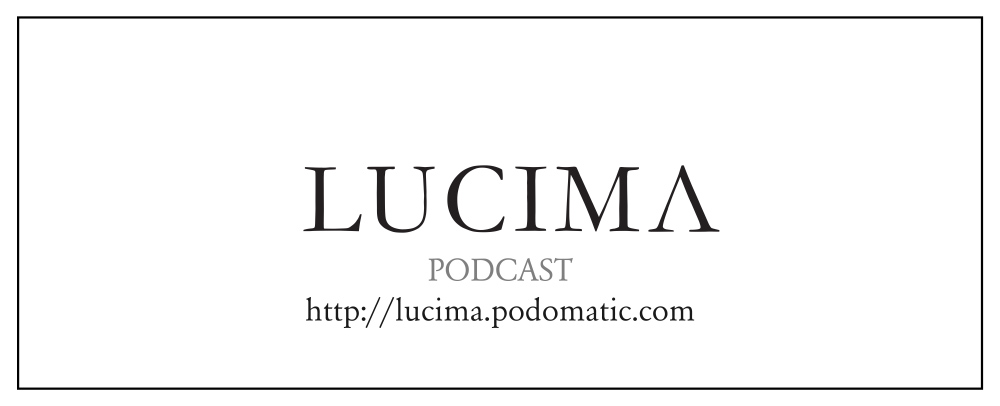As a result of my this post, the comment conversation sparked a thought or theory so to speak. Namely, that one can be technically sound but totally lack the artistic aspect of photography.
/raises hand
Yep, I consider myself one of those people. There are others just like me too. The people that spawned this thread are all incredibly bright. Some of them have higher level mathematics degrees. Some of them know the intricacies of Photoshop and can manipulate code. Yet most of them lack that artistic "umph" that makes me want to look at their pictures.
So I'm going to go out on a limb and say: Being technically sound doesn't directly translate into making great images.
A fine example is the frequency separation technique described in that thread. The action is free for anyone to download, yet "no two people will do it the same" (Humpty Dance by Digital Underground). On a lesser level it's like handing the same copy of Photoshop to two different artists. Artistic perspective separates each of us and while we might overlap in certain areas, we each have our different take on the same things/images.
But I diverge. The point is that while the action is easy and straightforward it can take a long time to learn how to use it effectively (in my experience). On the surface it's simple; the action separates a single layer into 2 layers consisting of high frequency data and low frequency data based upon your specified frequency (Gaussian blur in pixels). But the simple decision of "how many pixels do I use for this image's frequency separation?" is a difficult one to answer. I've tried very small to very large pixels (relative to the image) and my answer is... "It depends".
What does it depend on? It depends on what you think looks good.
Now we're back at square one.
I can't possibly tell you what looks good. What I can tell you is that the people who wrote Photoshop may not necessarily be the image manipulators. The people who know all the technical aspects of Photography may not be very good photographers at all. You can learn the techniques but knowing when and how to apply them is something you develop internally.
So can you teach art? I don't think you can. I think you can guide and cultivate your innate artistic sense. But art is like personality. You're born with it. You might be influenced one way or another but the root of it doesn't change. Sure you'll grow but if you're really introspective and pensive, chances are that you'll never be the opening act for Chris Rock on his stand-up tour.
Okay, enough of this bullshit... what's your point? LOL!
The point is, (as I often tell myself) stop thinking. Just stop. You can't think your way into a better picture. You can however feel your way into a better picture. Stop comparing and referencing other people's work (see Input/Output). Go out on a limb and do something totally unorthodox. Yeah, blow those highlights. Lose those blacks. Yup, crank the contrast while you're at it too. How about killing 50% of the levels? Sure let's do that too. What would happen if we dragged the shutter and shot shallow DoF... in the dark with a strobe? I dunno, but it sounds like fun :)
Where technical soundness comes to good use is in manipulating the image how you want. Being technically sound just means you have all the tools... it's the "how you want" part that we each have to discover on our own. "How you want" comes with time, as with everything else that comes with age. "How you want" can be accelerated through "doing" though. The more you do, the better you'll know "how/what you want".
Oddly, I think I'm actually arguing more output, less input :) I never thought I'd say that...

No comments:
Post a Comment